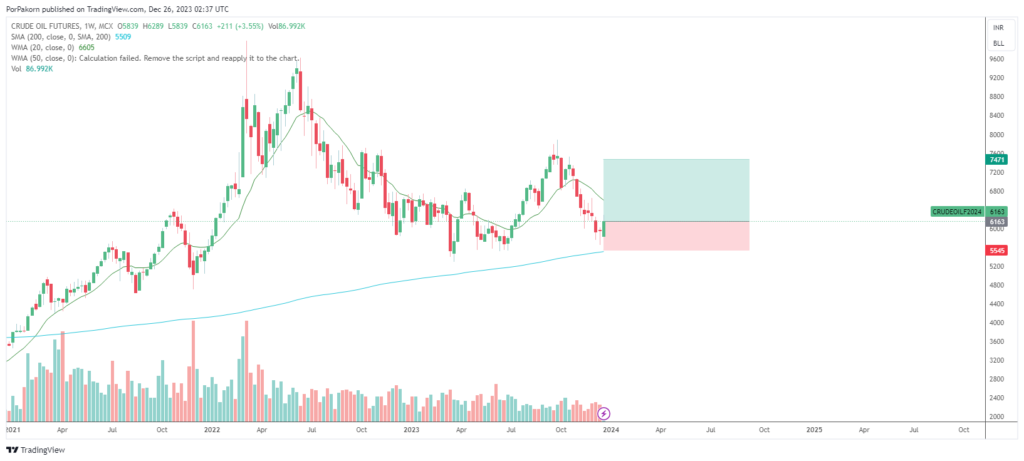Introduction: Oil analysis
Amidst global market fluctuations, WTI crude futures surged to touch $74 per barrel recently, marking a significant upswing following a substantial two-month high. This climb coincided with a period of holidays in select markets, contributing to thin trading volumes. However, geopolitical tensions in the Middle East, notably recent Houthi assaults on ships causing disruptions in global trade, kept investors vigilant.
The maritime domain witnessed Denmark’s Maersk announcing preparations for the recommencement of operations in the Red Sea and the Gulf of Aden. This move corresponded with the formation of a multinational maritime task force aimed at safeguarding commercial vessels within the region. Simultaneously, OPEC member nations swiftly reiterated their commitment to output policies post-Angola’s departure from the producer group due to quota disputes.
A significant focal point in this landscape is the evolving demand dynamics. The recent signs of easing inflation in the US have augmented expectations of an impending shift in the Federal Reserve’s policy towards interest rates. This anticipation, coupled with reaffirmed commitments by OPEC members, has generated a positive outlook for global growth and energy demand.
The geopolitical climate in the Middle East, particularly the Houthi attacks, continues to wield influence over oil markets. Investors remain observant of any escalations that could potentially disrupt global trade routes and impact oil supply chains. Furthermore, the collaborative efforts through the formation of a multinational maritime task force reflect a proactive approach to mitigate such disruptions.
For financial markets, these developments necessitate a nuanced approach. Keeping a keen eye on geopolitical shifts and their potential ramifications on oil prices becomes imperative for investment strategies. While the surge in WTI crude futures signals short-term gains, comprehensive analysis considering geopolitical tensions, OPEC decisions, and global demand trends is crucial for sustained investment decisions.
Conclusion: Oil analysis
In conclusion, the recent surge in WTI crude futures amid geopolitical tensions and evolving demand dynamics underscores the intricate interplay of global factors influencing oil markets. Prudent analysis, leveraging both geopolitical insights and demand-supply fundamentals, remains pivotal for investors navigating this volatile landscape.







I don’t think the title of your article matches the content lol. Just kidding, mainly because I had some doubts after reading the article.